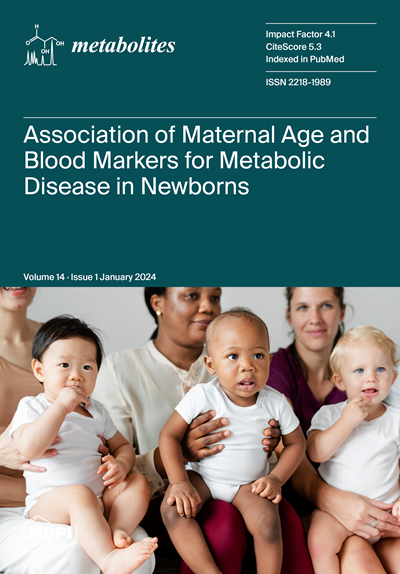Metabolomic and Physiological Analyses Reveal the Effects of Different Storage Conditions on Sinojackia xylocarpa Hu Seeds
IF 3.4
3区 生物学
Q2 BIOCHEMISTRY & MOLECULAR BIOLOGY
引用次数: 0
Abstract
Backgrounds: Sinojackia xylocarpa Hu is a deciduous tree in the Styracaceae family, and it is classified as a Class II endangered plant in China. Seed storage technology is an effective means of conserving germplasm resources, but the effects of different storage conditions on the quality and associated metabolism of S. xylocarpa seeds remain unclear. This study analyzed the physiological and metabolic characteristics of S. xylocarpa seeds under four storage conditions. Results: Our findings demonstrate that reducing seed moisture content and storage temperature effectively prolongs storage life. Seeds stored under that condition exhibited higher internal nutrient levels, lower endogenous abscisic acid (ABA) hormone levels, and elevated gibberellic acid (GA3) levels. Additionally, 335 metabolites were identified under four different storage conditions. The analysis indicates that S. xylocarpa seeds extend seed longevity and maintain cellular structural stability mainly by regulating the changes in metabolites related to lipid, amino acid, carbohydrate, and carotenoid metabolic pathways under the storage conditions of a low temperature and low seed moisture. Conclusions: These findings provide new insights at the physiological and metabolic levels into how these storage conditions extend seed longevity while also offering effective storage strategies for preserving the germplasm resources of S. xylocarpa.代谢组学和生理学分析揭示不同贮藏条件对胡麻籽的影响
背景介绍胡颓子(Sinojackia xylocarpa Hu)为枫香科落叶乔木,在中国被列为二级濒危植物。种子贮藏技术是保存种质资源的有效手段,但不同贮藏条件对木麻黄种子质量及相关代谢的影响尚不清楚。本研究分析了四种贮藏条件下木豆种子的生理代谢特征。结果显示我们的研究结果表明,降低种子含水量和储藏温度可有效延长储藏寿命。在这种条件下贮藏的种子表现出较高的内部营养水平、较低的内源脱落酸(ABA)激素水平和较高的赤霉素(GA3)水平。此外,在四种不同的贮藏条件下,共鉴定出 335 种代谢物。分析表明,在低温和低种子水分的贮藏条件下,木豆种子主要通过调节与脂质、氨基酸、碳水化合物和类胡萝卜素代谢途径相关的代谢物的变化来延长种子寿命和保持细胞结构的稳定性。结论这些研究结果从生理和代谢层面为了解这些贮藏条件如何延长种子寿命提供了新的视角,同时也为保存木薯种质资源提供了有效的贮藏策略。
本文章由计算机程序翻译,如有差异,请以英文原文为准。
求助全文
约1分钟内获得全文
求助全文
来源期刊

Metabolites
Biochemistry, Genetics and Molecular Biology-Molecular Biology
CiteScore
5.70
自引率
7.30%
发文量
1070
审稿时长
17.17 days
期刊介绍:
Metabolites (ISSN 2218-1989) is an international, peer-reviewed open access journal of metabolism and metabolomics. Metabolites publishes original research articles and review articles in all molecular aspects of metabolism relevant to the fields of metabolomics, metabolic biochemistry, computational and systems biology, biotechnology and medicine, with a particular focus on the biological roles of metabolites and small molecule biomarkers. Metabolites encourages scientists to publish their experimental and theoretical results in as much detail as possible. Therefore, there is no restriction on article length. Sufficient experimental details must be provided to enable the results to be accurately reproduced. Electronic material representing additional figures, materials and methods explanation, or supporting results and evidence can be submitted with the main manuscript as supplementary material.
 求助内容:
求助内容: 应助结果提醒方式:
应助结果提醒方式:


